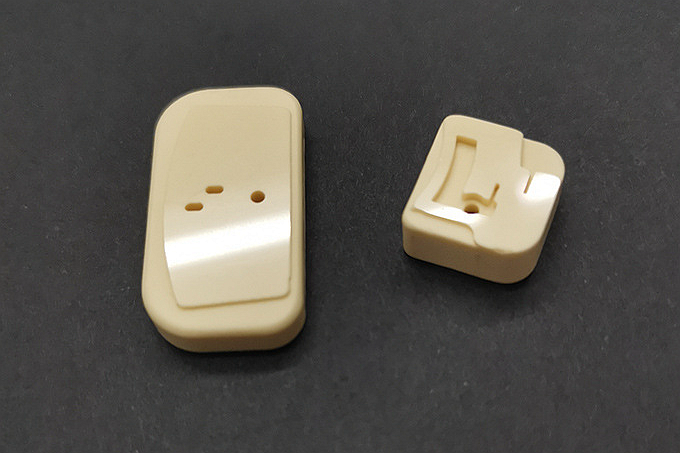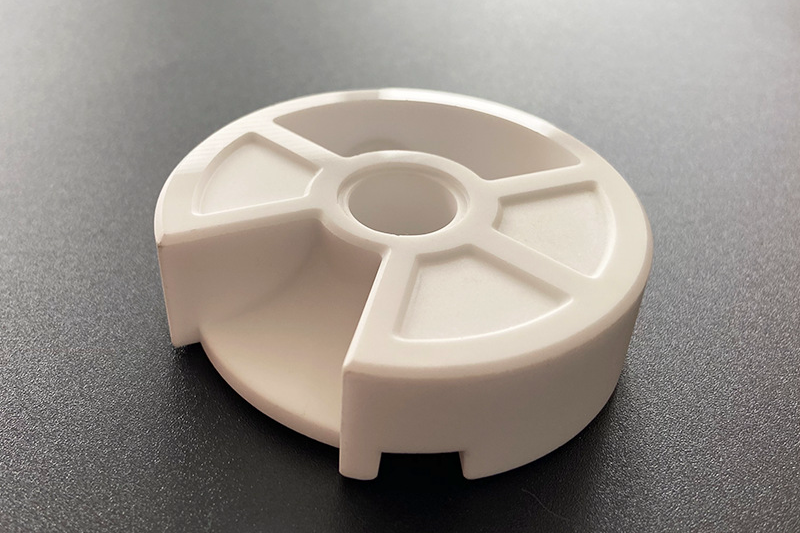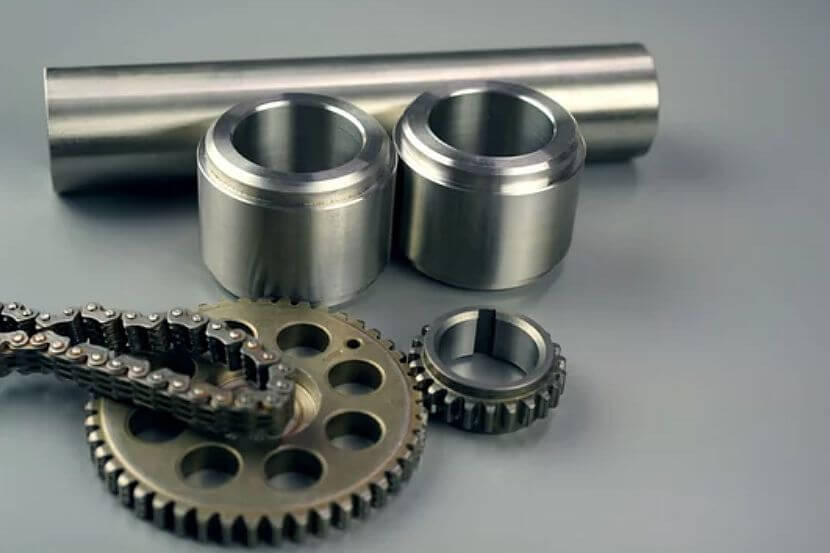How does Neway verify long-term reliability of thermal management solutions?
Neway verifies the long-term reliability of telecom thermal management solutions through a structured validation approach that combines environmental testing, material evaluation, accelerated life-cycle simulation, and full-process manufacturability assessment. For high-power AAUs, baseband units, RF modules, and housings, every design must perform consistently under temperature cycling, humidity, UV exposure, mechanical vibration, and potential contamination—all while keeping signal integrity stable. That is why advanced manufacturing routes such as ceramic injection molding, aluminum die casting, and plastic injection molding are validated together with long-term stress testing to ensure reliability in telecommunication environments.
Environmental Stress and Aging Tests
Thermal-cycle testing is performed from –40 °C to +85 °C to simulate daily and seasonal outdoor variations. This identifies potential cracking, delamination, or thermal contact degradation. Humidity and salt-spray tests validate corrosion resistance for housings fabricated via sheet metal fabrication or aluminum die casting. RF-critical ceramic components produced via silicon nitride CIM or alumina CIM undergo dielectric stability and thermal shock testing to ensure performance consistency over thousands of hours.
Accelerated Life-Cycle Validation
To assess real-world reliability quickly, Neway simulates thermal load over extended periods using accelerated aging conditions. Liquid-cooling cold plates and heat spreaders can be prototyped through 3D printing prototyping or precision casting, then subjected to pressure cycles, flow testing, and coolant corrosion analysis. For air-cooled housings, heat dissipation performance is verified after exposure to UV and particulate contamination, with surface treatments such as anodizing and powder coating evaluated for long-term stability.
Manufacturability and Process Control
Reliability depends heavily on repeatable quality during production. Neway employs real-time monitoring and testing during injection molding of heat-tolerant polymers such as PEEK and PC. For metal housings, internal features and thermal paths created by CNC machining prototyping and aluminum die casting are inspected using precision metrology to ensure fit and thermal conductivity. Critical surfaces are refined via electropolishing or sandblasting to maintain consistent airflow and heat transfer.
System Integration and Field Simulation
Validated components are assembled into prototype systems, with thermal sensors placed across PCBs, RF modules, and heat spreaders. Load testing is combined with vibration simulation, drop risk evaluation, and power cycling. Outdoor telecom deployments may require long-term sealing evaluation using prototyping and sheet metal fabrication to prevent moisture ingress. Ceramic dielectric parts made via CIM ensure stable RF behavior even after prolonged environmental stress.
Data-Driven Validation and Feedback
All reliability testing generates performance data used to refine geometry, coatings, and bonding methods. Results guide material selection for future projects and confirm the suitability of manufacturing processes for mass production. This ensures that telecom systems maintain thermal performance and structural integrity across their lifecycle with minimal field failures.



